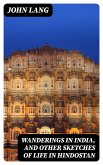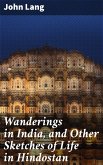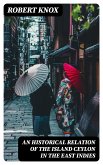In 'A Visit to the Philippine Islands' by John Bowring, the reader is taken on a captivating journey through the beauty and culture of the Philippines. Written in a descriptive and informative style, Bowring provides detailed accounts of his travels, highlighting the landscape, people, and customs of the islands. The book is a valuable resource for those interested in Philippine history and geography, with Bowring's keen observations offering a unique perspective on the region. His lyrical prose and attention to detail make this book a literary gem of travel writing from the 19th century. John Bowring, a British diplomat and writer, draws on his experience as Governor of Hong Kong and extensive travels in Asia to pen this insightful account of the Philippines. His background in diplomacy and international relations adds depth to his observations, making his narrative both engaging and informative. Bowring's genuine curiosity and respect for the Filipino people shine through in his writing, making this book a must-read for those interested in the history and culture of the Philippines. I highly recommend 'A Visit to the Philippine Islands' to readers who enjoy travel literature, history, and cultural insights. Bowring's eloquent prose and keen eye for detail make this book an enriching and enjoyable read, offering a glimpse into the beauty and complexity of the Philippine archipelago.
Dieser Download kann aus rechtlichen Gründen nur mit Rechnungsadresse in A, B, BG, CY, CZ, D, DK, EW, E, FIN, F, GR, H, IRL, I, LT, L, LR, M, NL, PL, P, R, S, SLO, SK ausgeliefert werden.









